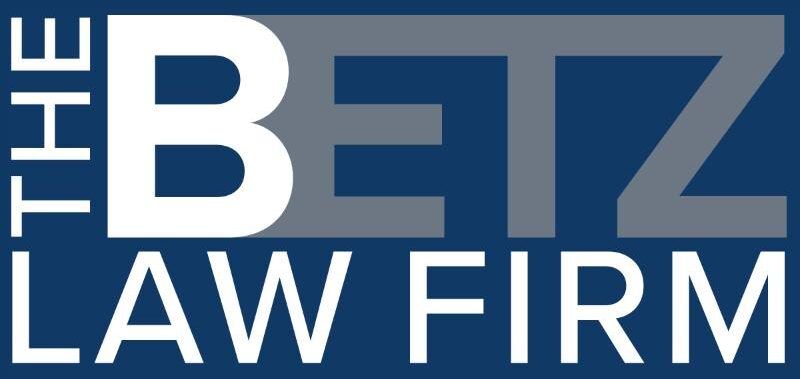If you have any marital debt, it’s generally up to you, your soon-to-be-ex, and your divorce attorney to develop a debt-division formula.
Divorce is typically complicated on its own, and throwing the division of debt into the mix only adds to the complexity of the process. The fact that marital debt doesn’t disappear after a divorce naturally leads to the question, how is marital debt treated after divorce?

What Is Considered Marital Debt?
Generally, marital debt, also commonly referred to as matrimonial debt, conjugal debt, or “community” debt, is incurred by one or both spouses. This applies to any loans or debts acquired during the marriage, including car loans, mortgages, medical bills, or utilities.
Any debt incurred before the marriage date falls under “separate debt,” as long as the loan or debt was never used to benefit both spouses.
How Will Your Divorce Affect the Credit or Debt Agreement?
Your lender shares no part of your divorce agreements, so the original credit or debt agreement will remain unchanged. From the lender’s and legal’s point of view, you and your spouse remain equally responsible for the loan or debt, including late fees and collection costs.
The lender has the right to pursue both of you when the loan payment is due. And if you and your former spouse fail to meet your loan obligation, the lender may resort — (with the court’s permission) — to asset seizure or wage garnishment.
How Is Marital Debt Divided?
If you have any marital debt, it’s generally up to you, your soon-to-be-ex, and your divorce attorneys to develop a debt-division formula. Should you and your ex disagree, the case will have to go to trial, where a judge decides which spouse is responsible for which debt.
How do Missouri family courts split up marital debt? Missouri courts subject conjugal debts to equitable distribution. This means the debt will be distributed fairly but not necessarily equally. Again, having a lawyer by your side can help protect your rights, interests and can help you get a favorable ruling.
I Asked the Lender to Take My Name off the Debt Agreement: Am I Still Liable?
Yes, you’re still liable. Taking your name off the debt agreement only affects your liability for new charges. You can still be held liable for the original debt you and your former spouse owed.
Am I Liable for the Debt if My Name Was Not on the Debt Agreement?
If your spouse can provide sufficient proof that the debt was used to benefit the marriage, then you are still responsible for the underlying debt even if your name is not on the credit or debt agreement.
When Can Business Debt Be Considered Marital Debt?
There are situations in which a business debt could be considered marital debt:
- If your partner acquired a business loan through a sole proprietorship, the business loan could qualify as marital debt if used to benefit the marriage.
- If you and your spouse co-signed on the business loan.
Contact a Divorce Attorney
Debt division is a headache for divorcing couples worldwide. Fortunately, you can hire a reputable divorce attorney to help you negotiate a fair debt-division agreement.
If you’re in Missouri and planning to divorce, contact Betz Law Firm. Our attorneys will help guide you through the divorce process and ensure your rights and interests are protected.
Speak With an Experienced Attorney
Our firm uses experience, good communication, and availability to help families navigate life-changing events.
